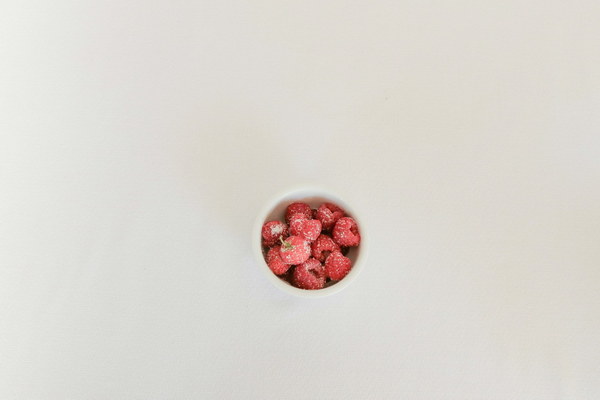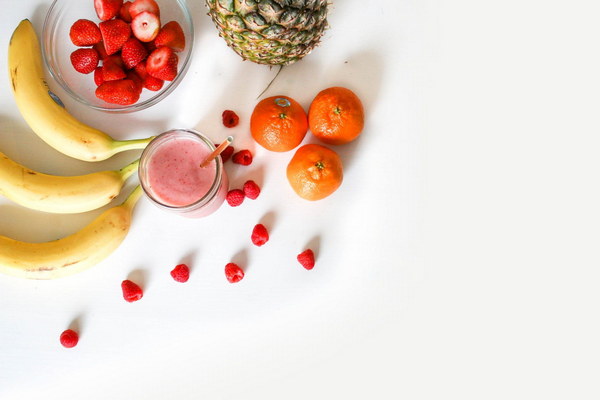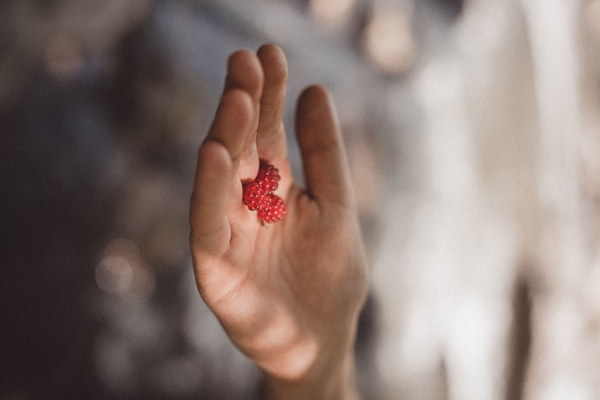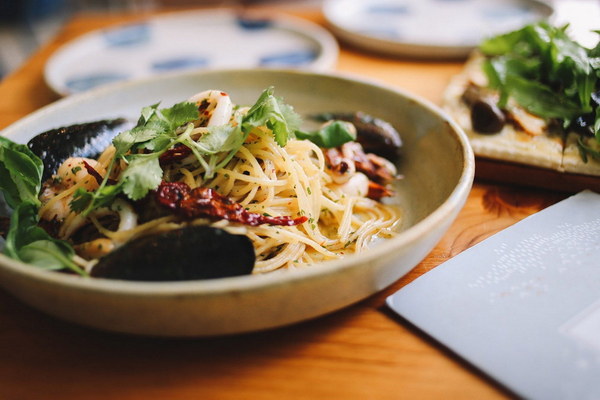Post-Treatment Nutrition and Medication for Breast Cancer A Comprehensive Guide
Breast cancer is a significant health concern that affects millions of women worldwide. After undergoing treatment, such as surgery, chemotherapy, or radiation therapy, patients often require additional support to aid in their recovery and improve their quality of life. This article provides an overview of the importance of nutrition and medication in the post-treatment phase of breast cancer, highlighting the benefits and recommendations for patients.
Nutrition in Post-Treatment Breast Cancer
Nutrition plays a crucial role in the recovery process of breast cancer patients. Adequate nutrition can help in the following ways:
1. Supporting Immune System: Proper nutrition can enhance the immune system, enabling the body to fight off infections and other complications during the recovery period.
2. Promoting Healing: A well-balanced diet can aid in the healing process, as it provides the necessary nutrients for tissue repair and regeneration.
3. Maintaining Energy Levels: Breast cancer treatment can be physically and emotionally taxing. A nutritious diet can help maintain energy levels, enabling patients to cope with daily activities and treatment side effects.
4. Weight Management: Some breast cancer treatments can cause weight gain or loss. A balanced diet can help manage weight and prevent malnutrition.
Key Nutrients for Breast Cancer Patients:
- Protein: Essential for tissue repair and immune function. Good sources include lean meats, fish, eggs, dairy, legumes, and nuts.
- Fiber: Helps with digestion and can alleviate constipation, a common side effect of some cancer treatments. Fiber-rich foods include fruits, vegetables, whole grains, and legumes.
- Vitamins and Minerals: These play a vital role in various bodily functions. Key vitamins and minerals include Vitamin D, Calcium, Vitamin C, Vitamin E, Selenium, and Iron.
- Antioxidants: These can help reduce oxidative stress and inflammation in the body. Antioxidant-rich foods include fruits, vegetables, nuts, and seeds.
Medications in Post-Treatment Breast Cancer
In addition to nutrition, certain medications can help manage symptoms and side effects of breast cancer treatment. Here are some common medications used in the post-treatment phase:
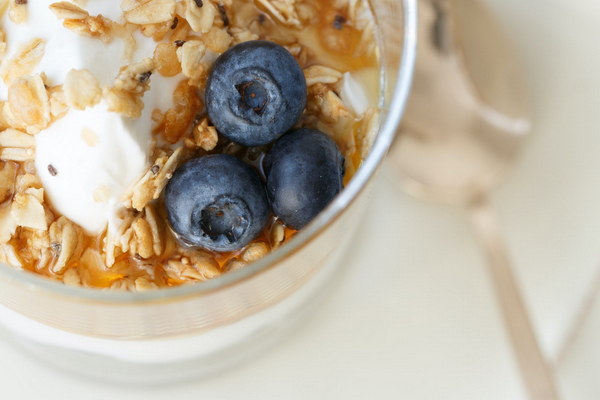
1. Hormonal Therapy: For patients with hormone-receptor-positive breast cancer, hormonal therapy can help prevent the cancer from returning. Medications such as Tamoxifen and Aromatase Inhibitors are commonly prescribed.
2. Targeted Therapy: Targeted therapy drugs are designed to target specific molecules involved in the growth and spread of cancer cells. These medications are used for patients with certain genetic mutations or specific types of breast cancer.
3. Chemotherapy: Some patients may require additional chemotherapy sessions after the initial treatment to ensure that all cancer cells are destroyed. These sessions can help reduce the risk of recurrence.
4. Biological Therapy: Also known as immunotherapy, this treatment uses the body's immune system to fight cancer cells. It is used in some cases, particularly for patients with advanced breast cancer.
5. Supportive Care Medications: These medications are used to manage specific side effects, such as nausea, pain, or hot flashes. Examples include antiemetics, pain relievers, and hormone therapy for hot flashes.
Conclusion
Post-treatment nutrition and medication are essential components of breast cancer recovery. By focusing on a balanced diet rich in essential nutrients and appropriate medications, patients can improve their chances of recovery and enhance their overall well-being. It is crucial for breast cancer patients to work closely with healthcare professionals to develop an individualized plan that addresses their specific needs and preferences.

